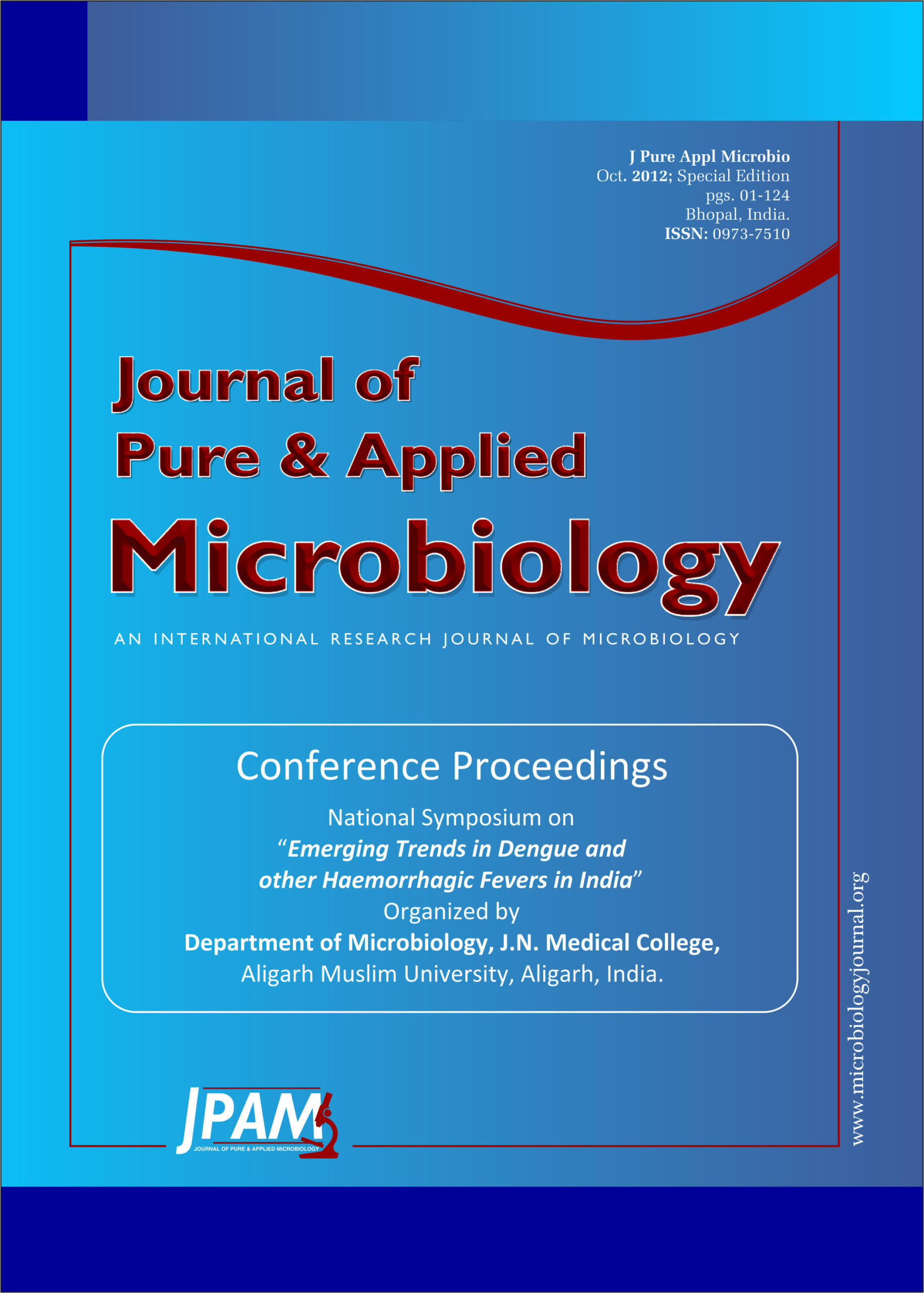The host immune response to hepatitis B virus is a critical factor in determining the outcome of HBV infection. An effective cytokine response is thought to be one of the reasons for the failure to suppress hepatitis B virus (HBV) replication and to eliminate the virus. We investigated the serum levels of Interferon (IFN)-g and Interleukins (IL)-10 in acute HBV infected patients to assess whether they were related to the outcome of HBV infection. Ninety consecutive patients of acute hepatitis B were included in this study. They were first screened by all serological markers for HBV followed by polymerase chain reaction (PCR). IFN-g and IL-10 levels were estimated in the serum of all acute HBV patients and 20 healthy blood donors by ELISA (Orgenium, Finland). Among 90 acute HBV patients, there were 54 males and 36 females and their age group ranged from 18 to 70 years. Elevated SGOT, SGPT and serum bilirubin level were found in majority of patients. Necrotizing inflammation was observed in all the patients. Mean value of IFN-g and IL-10 in healthy blood donor were 11.329 pg/ml and 12.7902, respectively. While mean value of IFN-g and IL-10 in acute HBV infected patients were 17.37pg/ml and 83.497pg/ml, respectively (p<0.001).Measurable amount of these two cytokines were significantly higher in acute HBV infected patients compared to healthy blood donors. 60 and 63 patients showed increased IFN-g and IL-10 serum level respectively. However, IL-10 serum levels were more significantly elevated than IFN-g. IL-10 is a potent immunosuppressive cytokine that can inhibit both innate and adaptive immunity.Based on our results, it can be concluded that higher IL-10 level can suppress immune response to HBV infection in acute HBV patients. IL-10 may play an anti-inflammatory role. IL-10 therapy could prove useful in controlling necrotizing inflammation in acute HBV patients.
Hepatitis B , IL-10,IFN Gamma, ELISA
© The Author(s) 2012. Open Access. This article is distributed under the terms of the Creative Commons Attribution 4.0 International License which permits unrestricted use, sharing, distribution, and reproduction in any medium, provided you give appropriate credit to the original author(s) and the source, provide a link to the Creative Commons license, and indicate if changes were made.


